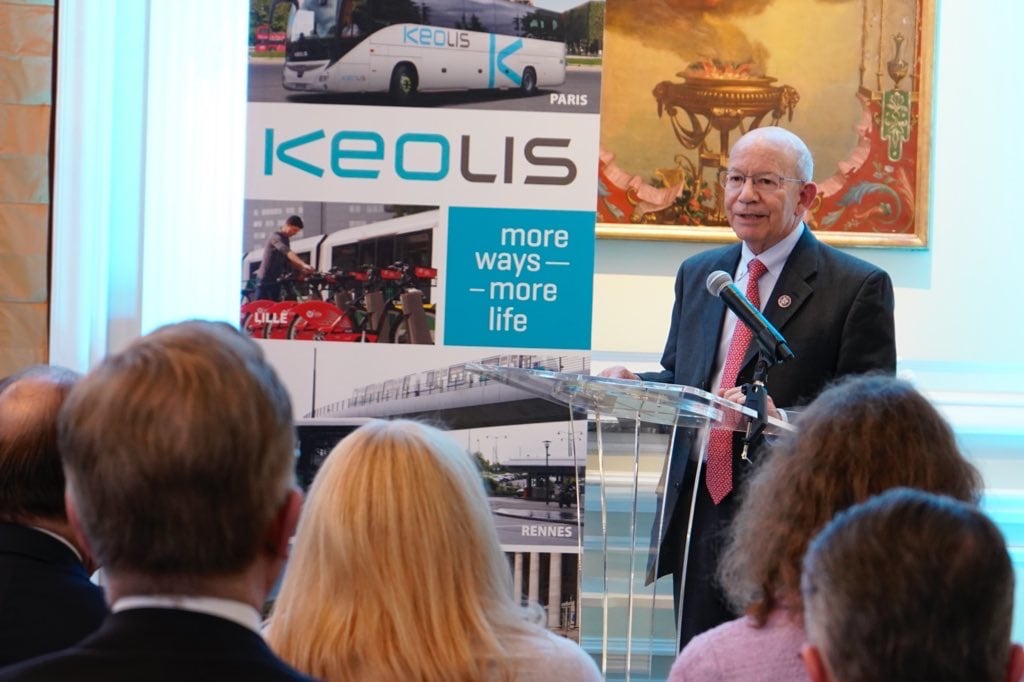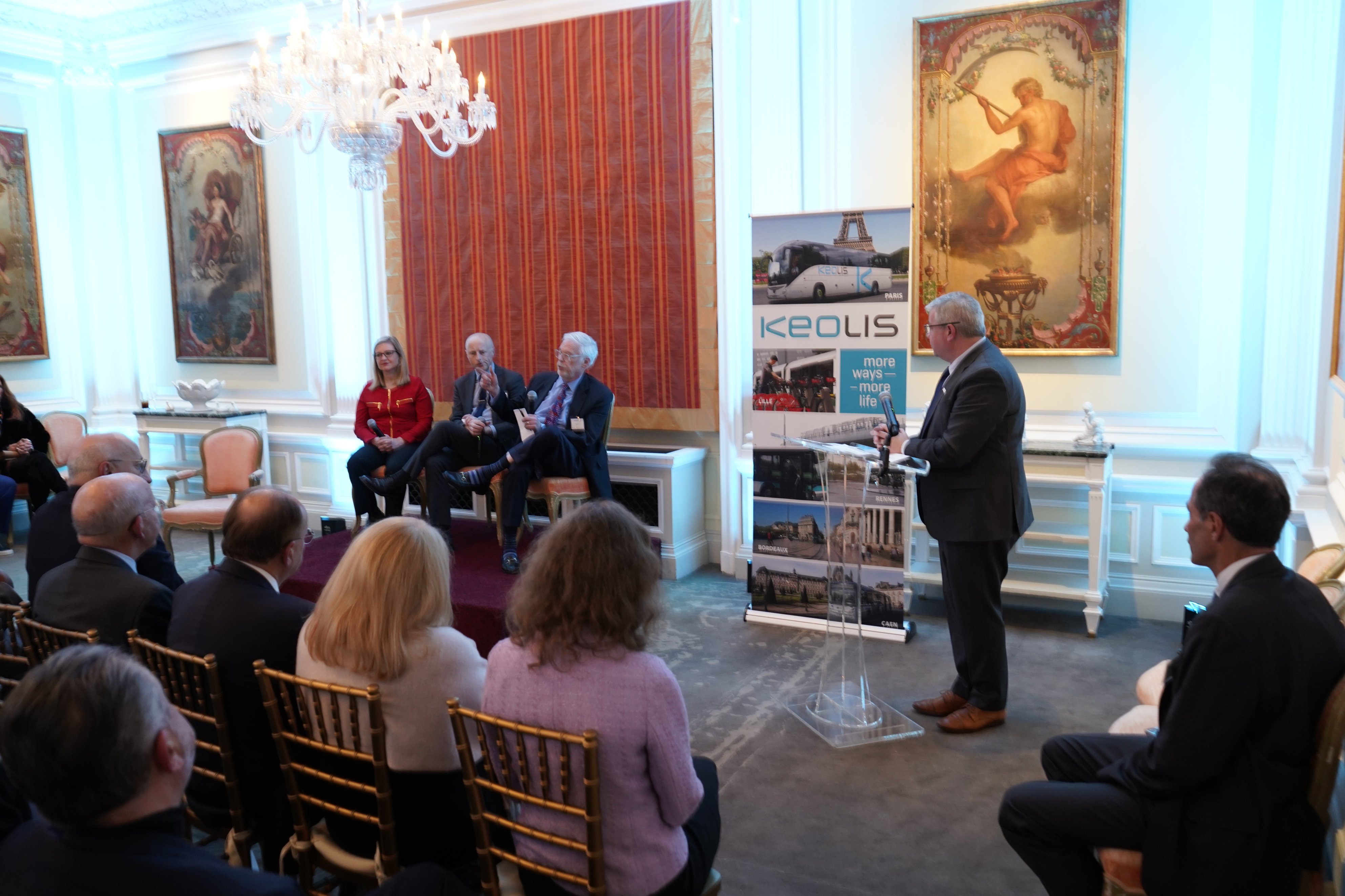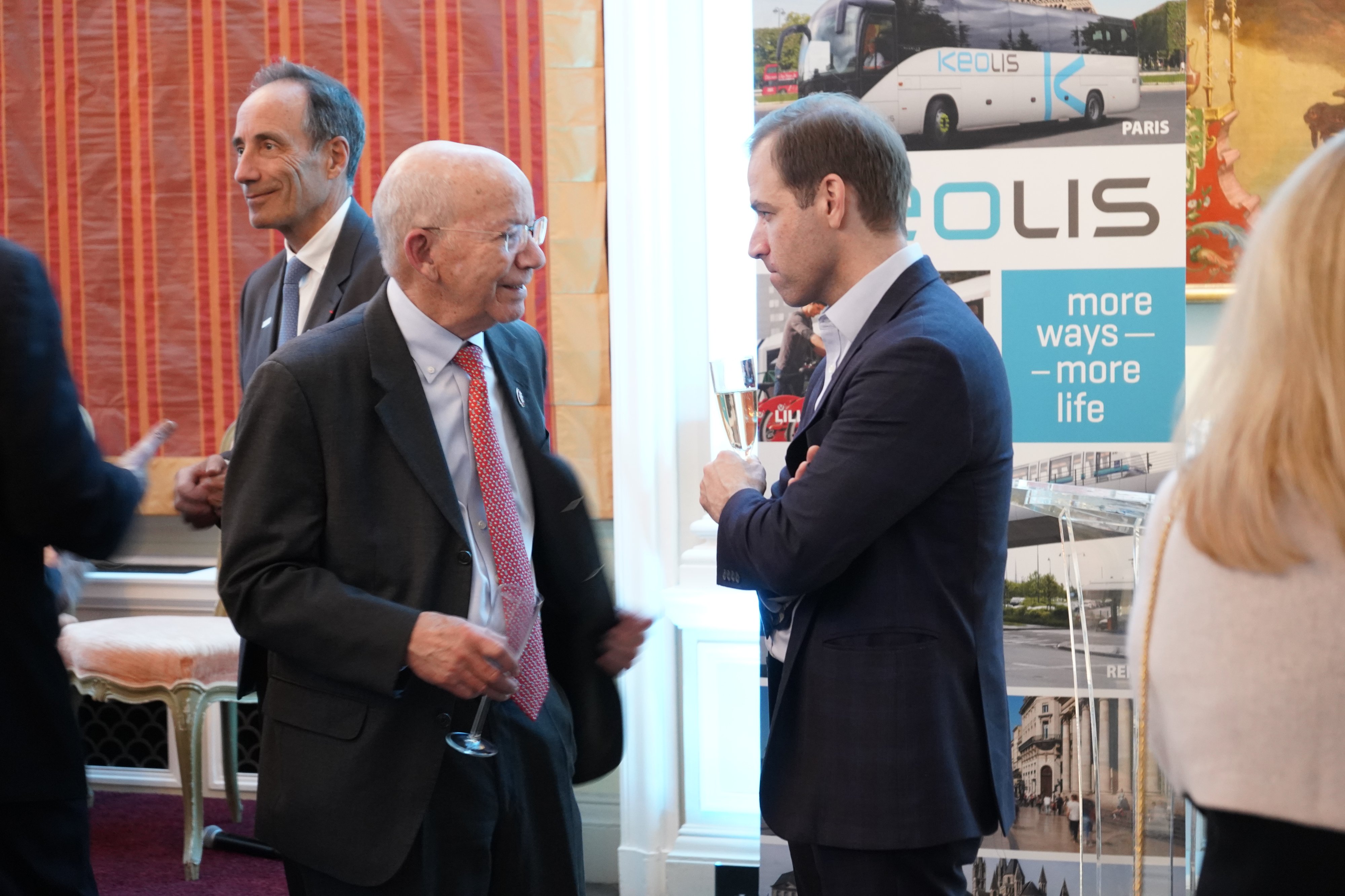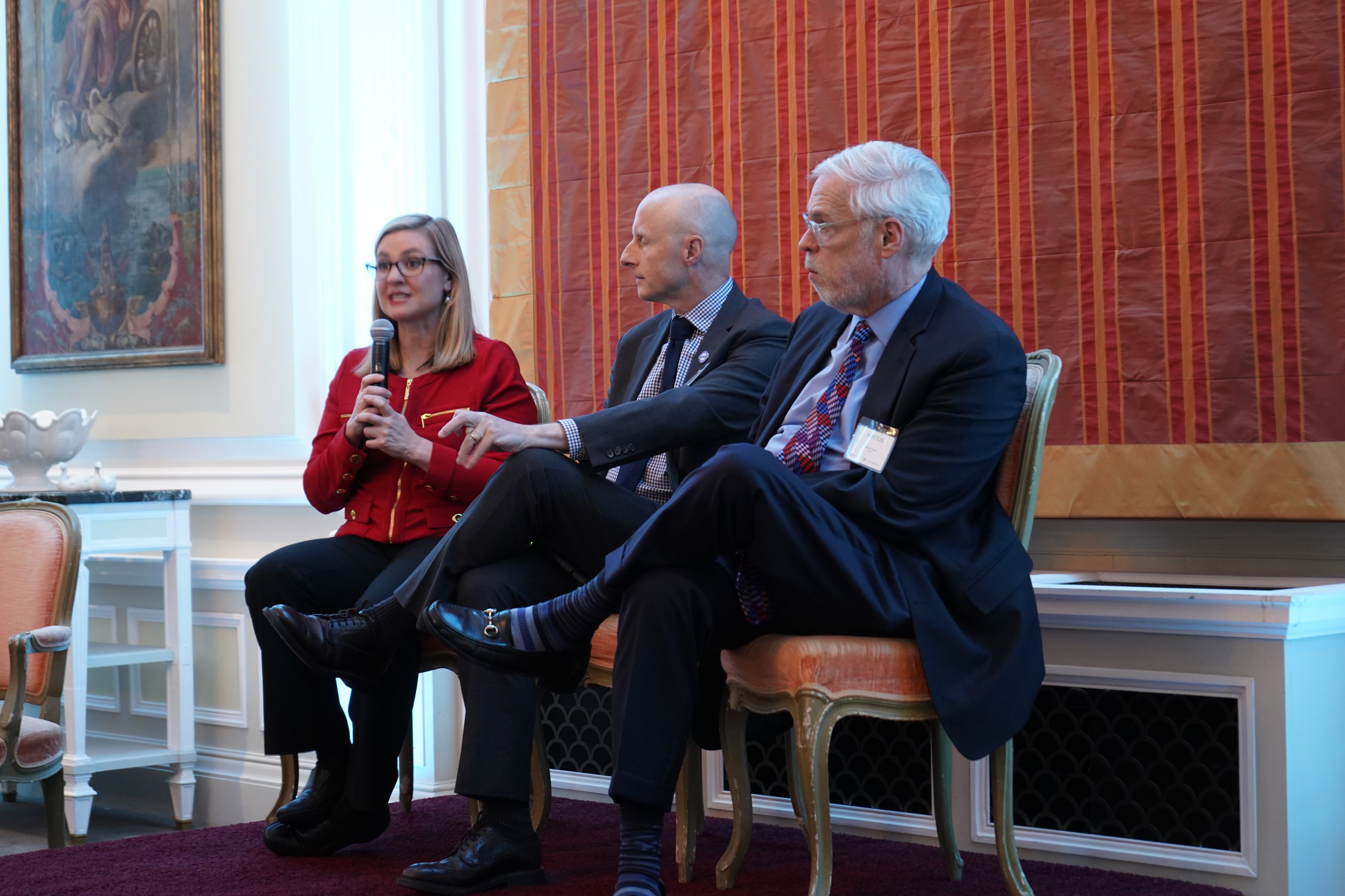3 min read
Event Recap: Fostering Transit Workforce Development
By: Keolis Communications Team on Feb 15, 2023 10:31:27 AM

RESPONDING TO SHIFTING EMPLOYEE PRIORITIES
The need to increase hiring and retention has become a pressing challenge for public transit agencies and the communities they serve. A 2022 American Public Transportation Association (APTA) survey revealed that 9 in 10 transit agencies are facing workforce shortages, speaking to the need to strengthen workforce development and the unique challenges public transportation faces beyond the cross-sector constraints posed by a tight labor market.
At a panel discussion held last month during the U.S. Conference of Mayors’ Winter Meeting, Keolis North America brought together city leaders and industry experts to delve into workforce development and the roots of the labor challenges facing transit agencies.
A shift in priorities among younger employees is contributing to this challenge. Today’s applicants are increasingly aware of their employers’ values, commitment to diversity, and initiatives to promote Corporate Social Responsibility (CSR). As panelist and former Metropolitan Transportation Authority (MTA) commissioner Andy Byford put it, "CSR is more important to younger people. They want to feel it’s a diverse workforce and that it’s a fair and equitable organization."
To respond to these trends, transit agencies must offer a menu of options to candidates rather than a one-size-fits all approach. This starts with competitive compensation, flexibility in hours and work-life balance, and professional development programs to support a long-term career. But it also means working for an employer that reflects their values, that fosters connections to the communities where it operates, and that is committed to being a force for change through CSR and other initiatives.
Keolis CEO David Scorey, who moderated the panel discussion, has led Keolis’ efforts to respond to these trends and strengthen its commitment to diversity, equity, and inclusion. Scorey noted employees are paramount to Keolis’ success and that a dynamic and well-trained workforce enables Keolis to provide superior, reliable service to our passengers.
Strengthening transit workforce developments will also mean boosting recruitment, reaching new applicants, and enhancing connections with underrepresented communities. For transportation infrastructure projects, this can often involve hiring local residents—ensuring that the residents impacted by a project are the same ones who participate in and benefit from it. This approach is exemplified by the City of Phoenix’s Light Rail expansion, which made recruitment of residents who lived along the route a top priority. To panelist and Mayor of Phoenix Kate Gallego, this is reflective of her view that “investments in transportation infrastructure are investments in physical mobility but also economic mobility.”
Ensuring adequate labor for transportation infrastructure projects also reduces inefficiency and mitigates the sorts of delays that often plague large-scale public works projects. Former MTA commissioner Pat Foye, a panelist at Keolis’ discussion, noted that this issue is crucial to implementing the Bipartisan Infrastructure Law (BIL) and realizing its vision for expanded public transit.
The BIL’s focus on public transportation was heavily shaped by former Rep. Peter DeFazio, who delivered a keynote speech ahead of Keolis’ panel discussion. As chair of the House Transportation Committee during BIL’s development, he sought to fund not only capital improvement projects but also initiatives to strengthen workforce development: “We recognized a need for getting more people from diverse backgrounds into the industry.” These initiatives include grants to state Departments of Transportation to develop new curricula and integrate people into all levels of the transit workforce as well as the funding for creation of the Federal Transit Administration’s (FTA) Transit Workforce Center, the first FTA-funded technical assistance center to support public transit workforce development.

By making changes to meet the needs of a changing workforce, expanding recruiting, and taking advantage of the resources provided by BIL, transit agencies can ensure that the public transportation workforce can meet the mobility needs of the future. Keolis is committed to this principle and to furthering discussion around how transit agencies can identify and implement successful approaches to the pressing challenges facing the industry at large.

A special thank you to Ambassador of France to the United States Philippe Étienne
and the embassy staff for hosting this event.
Related Posts
Making Transit America’s First Choice
This article was original published on November 10, 2021 in Metro Magazine.
Onboard the Vax Express
In June and July of this year, Keolis Boston partnered with the Commonwealth of Massachusetts, the...
Operational Excellence: How Keolis Pivots to Meet Community Needs
For some, riding the bus, hopping on the train, or using paratransit is an everyday experience, and...